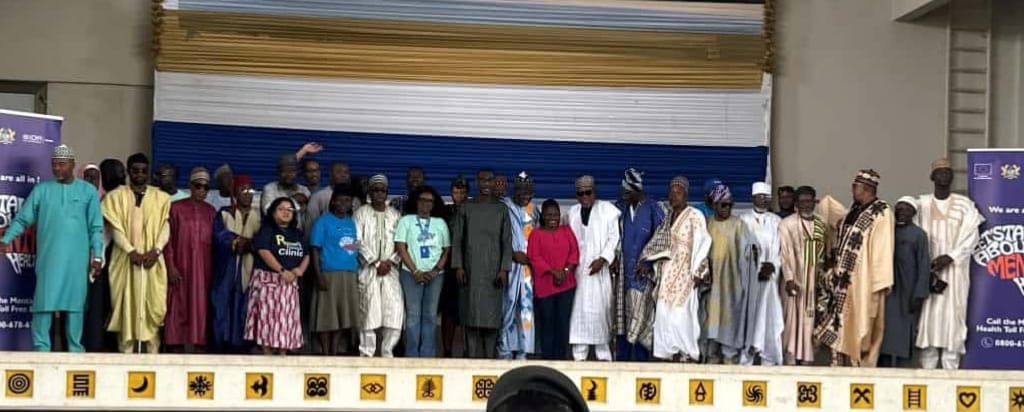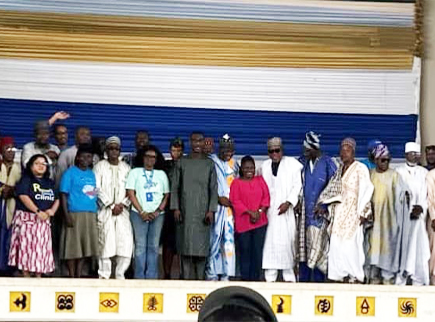Mr. Ben Abdullah Alhassan, the Municipal Chief Executive (MCE) for the Asokore-Mampong Municipal Assembly, has reaffirmed the assembly’s dedication to ensuring that individuals affected by mental health issues are effectively integrated into the community.
He noted that this can be achieved through collective efforts to promote resilience, diminish stigma, and establish mental health as a fundamental pillar of communities.
According to him, stigma frequently silences those in need of assistance, rendering them feeling isolated or unworthy, an unfortunate reality that must be addressed.
The MCE was addressing stakeholders during this year’s Mental Health Day Durbar, held in Kumasi.
The World Mental Health Day serves as a global platform to rectify imbalances, heighten awareness, challenge stigma, and advocate for enhanced access to mental health services.

This year’s theme, “Access to Service: Mental Health in Catastrophes and Emergencies,” underscores a truth that is often overlooked.
The MCE assured that the Asokore-Mampong Assembly is deeply committed to supporting the reintegration of individuals with mental health challenges through psychosocial care and opportunities for personal rebuilding.
He emphasised that the assembly was actively training community health workers and volunteers to assist returnees, widows, and those grappling with mental health issues.
He encouraged those recovering from failed marriages, widows, and anyone burdened by mental health challenges not to harbour feelings of inadequacy but rather to perceive life as a series of trials.
In advising individuals who have returned home after seeking opportunities abroad, he remarked, “Your journey may have been fraught with challenges, moments of isolation, unmet expectations, or hardship, but your resolve to dream and return home is a powerful testament to your strength.”
He said the Assembly regarded returnees not as failures but as valued members of the community, endowed with experiences and resilience that enrich the community.
The durbar also served as a platform to unveil the International Organization for Migration (IOM) Manual for Community Support, which aims to be a beacon of hope for communities.
The manual is a practical, culturally sensitive resource designed to equip chiefs, queen mothers, religious leaders, and community members to provide first-line psychosocial support to individuals facing mental health challenges.
The manual also seeks to empowers stakeholders to identify signs of distress, extend comfort, and guide those in need towards professional care.
The durbar was collaboratively organized by the Mental Health Authority, the International Organization for Migration (IOM), and the Ministry of Health.
In attendance were traditional leaders, market women, returnees, and members of the general public.

